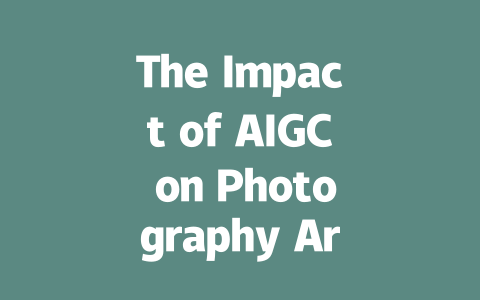
The rise of Artificial Intelligence Generated Content (AIGC) has revolutionized many creative fields, and photography is no exception. With advancements in machine learning and AI technologies, the landscape of photography education is undergoing a significant transformation. This article explores the implications of AIGC in photography art education, including its benefits, challenges, and future prospects.
Understanding AIGC in Photography
AIGC encompasses various tools and platforms that utilize artificial intelligence to create, manipulate, or enhance visual content. In photography, this can range from AI-driven editing software to algorithms that generate entirely new images based on user prompts. As these technologies continue to develop, they are becoming an integral part of the photography curriculum in art schools and universities.
Enhancing Creativity and Efficiency
One of the most compelling benefits of AIGC in photography education is its ability to enhance creativity and efficiency. Students can utilize AI tools to explore different artistic styles, compositions, and color palettes. For instance, platforms like Adobe Photoshop and Lightroom now incorporate AI features that assist in editing and retouching images, allowing students to achieve professional-level results more quickly. This efficiency allows aspiring photographers to focus on conceptualizing creative ideas rather than getting bogged down by technical details.
Redefining Artistic Practice
AIGC challenges traditional notions of authorship and artistry in photography. As students experiment with AI-generated images, they encounter questions about creativity’s nature and the role of human intervention in art-making. This paradigm shift encourages students to embrace a hybrid approach, blending their unique vision with AI capabilities. The result is a new generation of photographers who are not only skilled in traditional techniques but also adept at using technology to inform and expand their artistic expression.
Challenges and Ethical Considerations
Despite its advantages, the integration of AIGC into photography education also presents various challenges. One major concern is the potential loss of fundamental skills among students. Relying heavily on AI tools may lead to a decline in critical technical skills, such as composition, lighting, and manual editing techniques. Educators must strike a balance between teaching traditional photography skills and incorporating AIGC.
Moreover, ethical concerns surrounding AIGC cannot be overlooked. Issues such as copyright, originality, and the potential for misinformation arise as students create content with AI assistance. Photography educators must address these concerns by fostering discussions about ethics and teaching students to navigate the complexities of using AI in their work.
Future Prospects in Photography Education
As AIGC continues to evolve, its role in photography education will likely expand. Institutions may offer specialized courses that focus on AI’s application in photography, emphasizing how students can leverage these tools while maintaining artistic integrity. Furthermore, collaborations between tech companies and educational institutions could lead to innovative programs that prepare students for the realities of an AI-driven job market.
Conclusion
The impact of AIGC on photography art education is profound and far-reaching. While it enhances creativity and efficiency, it also challenges traditional practices and raises ethical questions that educators must address. As the field evolves, photography educators have the responsibility to equip students with the skills and knowledge to navigate this complex landscape, ensuring that the next generation of photographers can thrive in an increasingly technological world. The integration of AIGC promises to redefine the future of photography education, making it an exciting time for both educators and students alike.

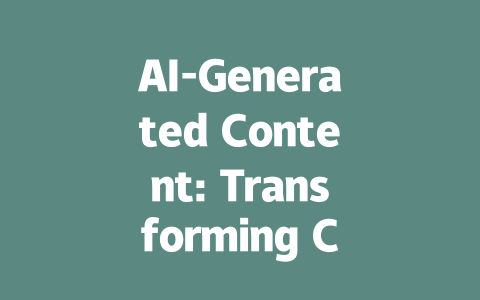





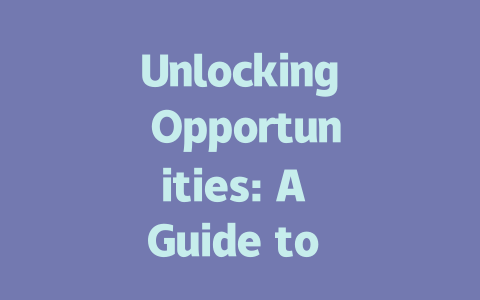

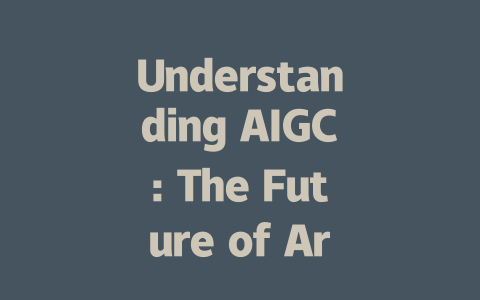
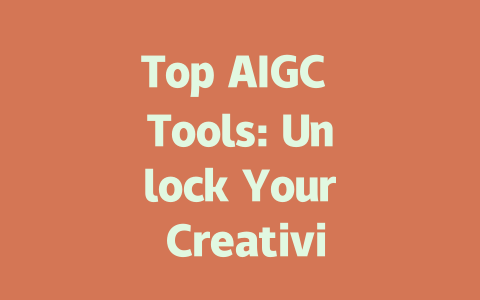
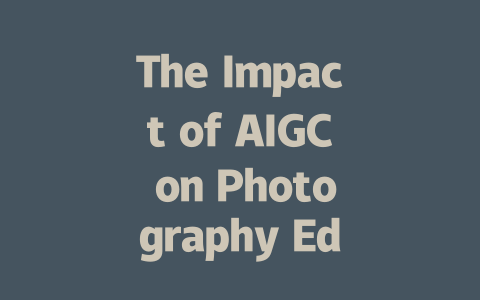

暫無評論內容